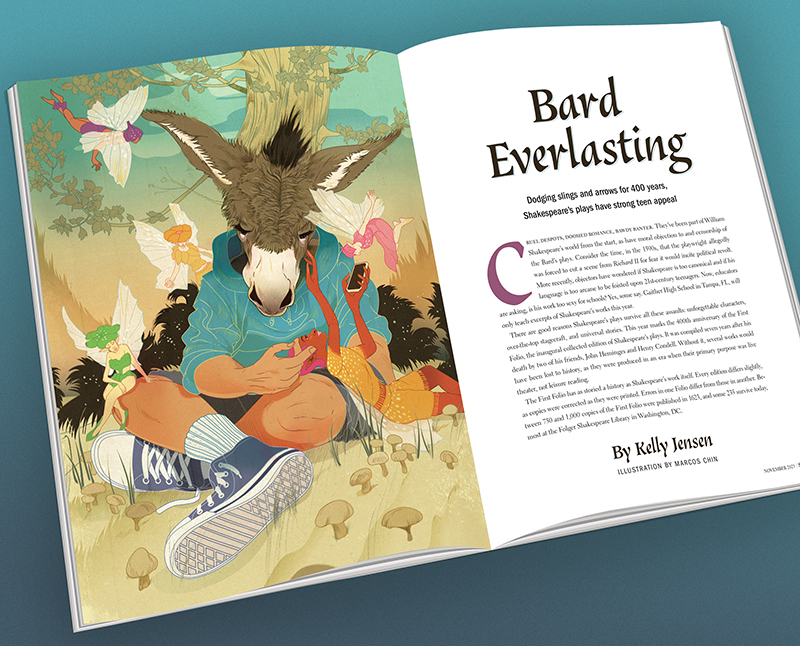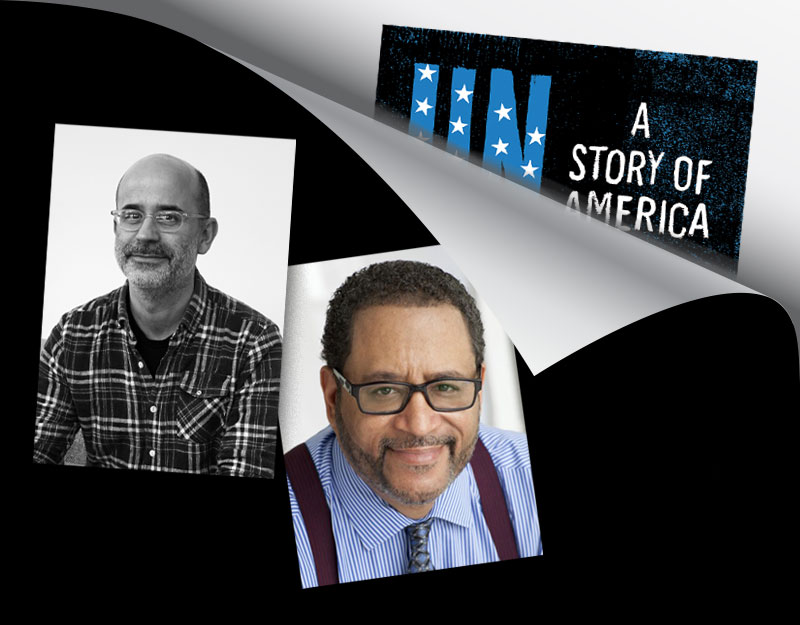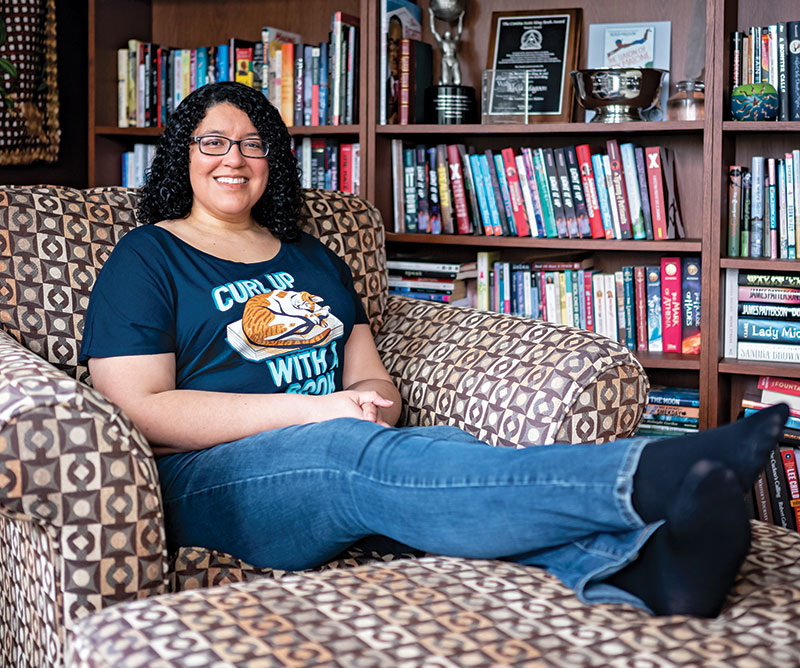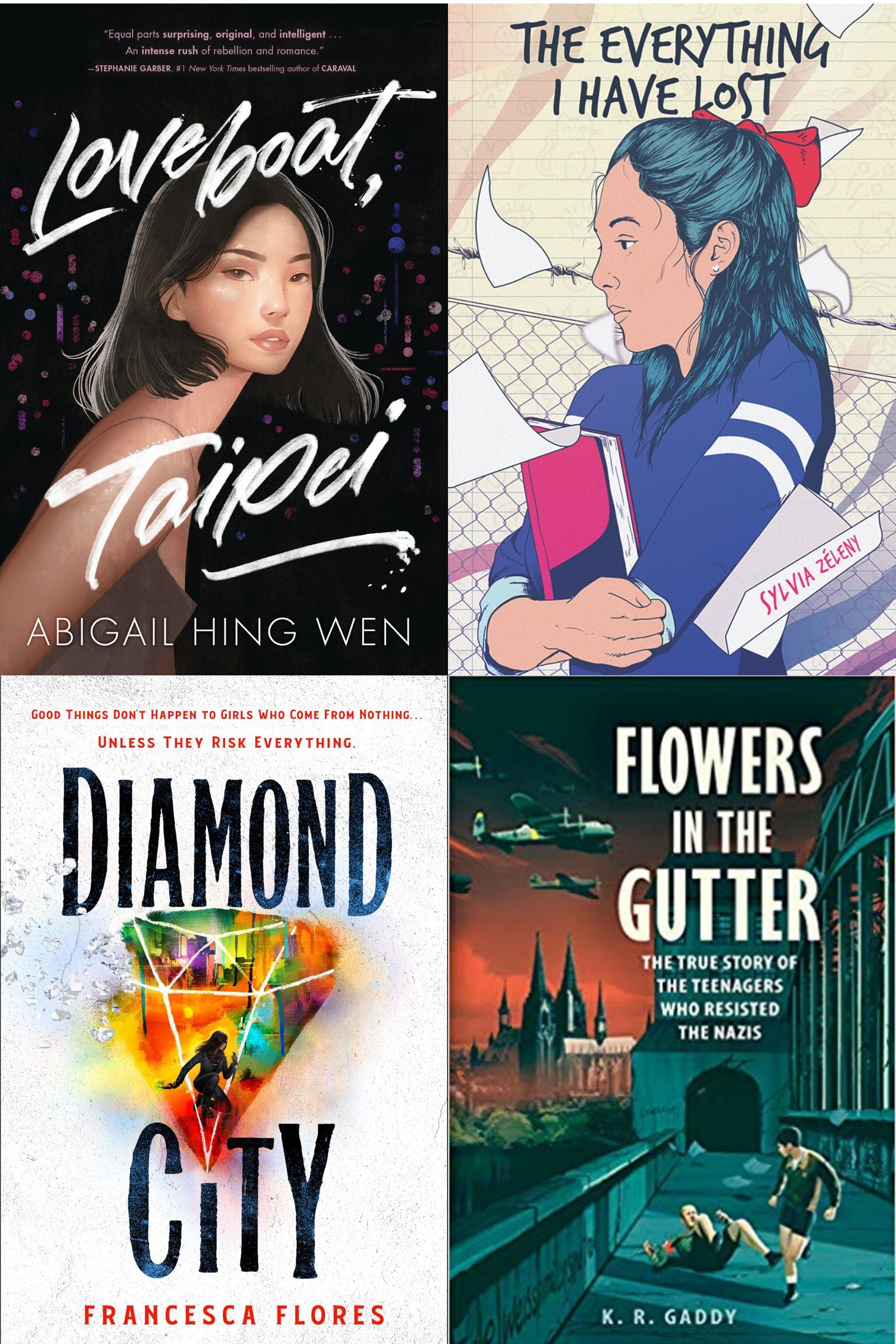#MHYALit: Ill Enough, a guest post by Nita Tyndall
The decision to take medication for a mental health issue is often a difficult one, tinged by the stigma that is often associated with it and the various costs that come with it, especially since mental health coverage is not covered well under most health care plans. Today author Nita Tyndall shares her journey with us as part of the #MHYALit Discussion. See all of the posts in our Mental Health in Young Adult Literature series here.

This year for my birthday I got a new camera, an Earl Grey candle, and a prescription for Prozac.
I’d known this was coming for awhile.
My relationship with my own mental health has always been tenuous. I was depressed the latter part of high school; in part because of the pressures of coming out as queer in a small Southern town, and in part because, who knows? I’ve had anxiety for as long as I can remember, yet growing up we called it worrying.
ADVERTISEMENT
ADVERTISEMENT
My mother is a worrier. My grandmother is a worrier. “Oh, she just worries,” was a phrase I heard throughout my childhood.
“You worry too much.”
“Stop worrying about it.”
“Don’t be nervous.”
“Why are you so nervous?”
I could never answer the question.
I considered therapy in high school after a teacher noticed, and I brought it up to my mom, but we just… dropped it. Therapy is expensive, I was busy, and it would pass.
And it did pass. For awhile.
But here’s the thing about mental illness: it doesn’t go away. And mine came back with a vengeance my freshman year of college. My major was enormously high-pressure and coming from a high school with 64 students where I had stood out I was coming to terms with feeling invisible, feeling not good enough.
There is no magic cure, no making it all go away.
My sophomore year of college I finally started going to therapy, after failing my first major and several other subsequent events including a car accident and almost being fired.
I was terrified of therapy, terrified of needing to go. In my mind, therapy was for people with real problems, I was an overachiever who just wasn’t trying hard enough to cope.
I ended up breaking down in my therapist’s office as I told her everything that had happened, how I was feeling (like I couldn’t do anything, like I wanted to sleep forever).
She listened. She validated me. And she responded, “You’ve been through a lot, haven’t you? It sounds like you have depression, and anxiety. You’re dealing with a lot.”
I needed to hear that. And for the first time I was able to admit it— “no this isn’t normal yes there is something wrong.”
Because when you’re depressed, when you’re anxious, that is your normal.
Through therapy, I began to adjust. I began to heal, feel better, combat the thoughts in my head. My university gave ten free hours of counseling a school year and I used them, and I wrote, and I felt better so I stopped in the spring. I could handle things. I knew how to combat the thoughts in my head, and that, for the time, was enough.
I studied abroad and completed my junior year of college and felt like I could take on anything, like I was fine, like I was cured.
And then this fall hit.
Senior year. I couldn’t stop thinking. Couldn’t sleep. This wasn’t like the first time, when my negative thoughts about myself were overwhelming me and I didn’t like myself. This time, I just couldn’t stop thinking. About graduating about finding a job about my books about being on submission about my grades about how clean my apartment was about—
But this time I realized what I needed.
I think I need to go back to therapy, I texted my writer friends.
Good, Tristina said.
Do it, Katie said.
I’ve made the appointment, I told them.
Good, Katie said.
I’m proud of you, Tristina said.
I walked into the therapist’s office on a Monday afternoon. My hands were shaking, I couldn’t control my breathing. The therapist was nice enough.
I think you have anxiety, he said.
Do you want to try medication, he said.
I hesitated. Like before, in my mind, medication was for people who were seriously ill, people with real problems and disorders. I was a girl who couldn’t sleep at night and worked too hard.
But I’d had enough. I was tired of shakiness and fear being my normal.
Sure. I said. Sure.
It’s funny, looking back I can tell you my relationship with my mental health has been tenuous, yet I’ve always struggled with feeling ill enough to need medication, with feeling like my problems warrant medication and aren’t just attention-seeking.
There is no mentally ill enough, though.
I’ve been on Prozac for almost two months now. It is not a cure-all, it does not fix everything.
ADVERTISEMENT
ADVERTISEMENT
But my God does it help. I don’t shake anymore, I rarely have panic attacks, I sleep better. I can manage better, I can function, I don’t send neurotic emails to my agent or texts to Katie or Tristina like I did.
I am doing better, and I could not see how much my anxiety affected me until I began medication and realized there was an alternative.
There is no magic cure for mental illness: not pills, not romance, not chocolate or therapy. No tragic boy will sweep in and see your sadness as romantic, no beautiful girl will whisper that your anxieties are her favorite part of you.
Mental illness, anxiety, it is not pretty or romantic or lovely, girls or boys who kiss your scars. I don’t want to sell it as a constant struggle, though it feels like that some days. But we have to stop selling the idea that it makes you lovely. We have to stop selling the idea that there is a certain threshold you cross where medication and therapy somehow become viable, where you become ill enough to need help. Needing therapy, needing medication, these things do not make you lesser. Mental illness does not make you lesser. It does not make me lesser.
If you’re still struggling, still fighting, I hear you. And I wish there were a magic cure I could give you. But therapy, medication, support—these things can be weapons in your arsenal. Mental illness does not define you, and it does not have to defeat you.
There are only small steps upward; an easier day, an unexpected laugh, a mirror that doesn’t matter anymore.
I am thawing.
Laurie Halse Anderson, Wintergirls.
Meet Our Guest Blogger
She is represented by Emily S. Keyes of Fuse Literary.
Filed under: #MHYALit
About Karen Jensen, MLS
Karen Jensen has been a Teen Services Librarian for almost 30 years. She created TLT in 2011 and is the co-editor of The Whole Library Handbook: Teen Services with Heather Booth (ALA Editions, 2014).
ADVERTISEMENT
ADVERTISEMENT
SLJ Blog Network
2024 Books from Pura Belpré Winners
In Memorium: The Great Étienne Delessert Passes Away
Winnie-The-Pooh | Review
Parsing Religion in Public Schools
ADVERTISEMENT







